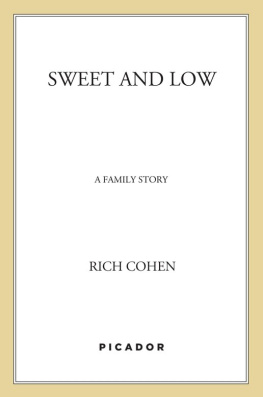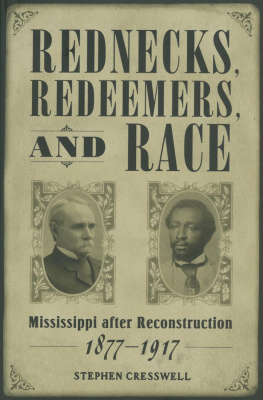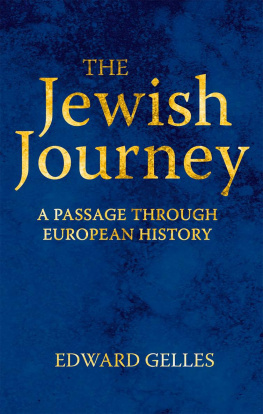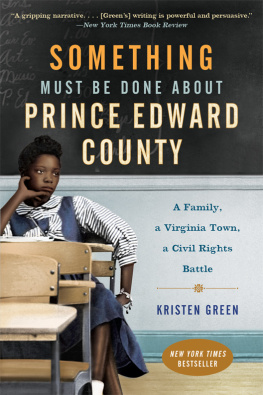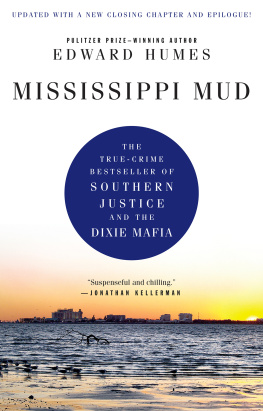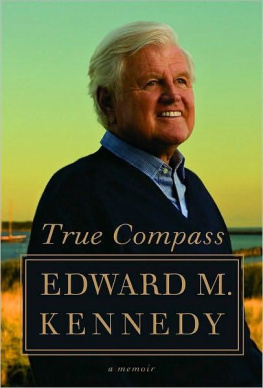Edward Cohen - The Peddlers Grandson: Growing Up Jewish in Mississippi
Here you can read online Edward Cohen - The Peddlers Grandson: Growing Up Jewish in Mississippi full text of the book (entire story) in english for free. Download pdf and epub, get meaning, cover and reviews about this ebook. year: 1999, publisher: University Press of Mississippi, genre: Home and family. Description of the work, (preface) as well as reviews are available. Best literature library LitArk.com created for fans of good reading and offers a wide selection of genres:
Romance novel
Science fiction
Adventure
Detective
Science
History
Home and family
Prose
Art
Politics
Computer
Non-fiction
Religion
Business
Children
Humor
Choose a favorite category and find really read worthwhile books. Enjoy immersion in the world of imagination, feel the emotions of the characters or learn something new for yourself, make an fascinating discovery.

- Book:The Peddlers Grandson: Growing Up Jewish in Mississippi
- Author:
- Publisher:University Press of Mississippi
- Genre:
- Year:1999
- Rating:3 / 5
- Favourites:Add to favourites
- Your mark:
The Peddlers Grandson: Growing Up Jewish in Mississippi: summary, description and annotation
We offer to read an annotation, description, summary or preface (depends on what the author of the book "The Peddlers Grandson: Growing Up Jewish in Mississippi" wrote himself). If you haven't found the necessary information about the book — write in the comments, we will try to find it.
Edward Cohen grew up in Jackson, Mississippi, the heart of the Bible Belt, thousand of miles from the northern centers of Jewish culture. As a child he sang Dixie in his segregated school, said the shma at temple. While the civil rights struggle exploded all around, he worked at the family clothing store that catered to blacks.
His grandfather Moise had left Romania and all his family for a very different world, the Deep South. Peddling on foot from farm to farm, sleeping in haylofts, he was the first Jew many Mississippians had ever seen. Moises brother joined him and they married two sisters, raising their children under one roof, an island of Judaism in a sea of southern Christianity.
In the 1950s, insulated by the extended family of double-cousins, Edward believed the world was populated totally by Jewsuntil the first day of school when he had the disquieting realization that he was the only Jew in his class. At times he felt southern, almost, but his sense of being an outsider slowly crystallized, as he listened to daily Christian school prayers tried to explain his annual absences to classmates who had never heard of Rosh Hashanah. At Christmas his parents house was the only one without lights. In the seventh grade, he was the only child not invited to dance class.
In a compelling work that is nonfiction throughout but conveyed with a fiction writers skill and technique, Cohen recounts how he left Mississippi for college to seek his own tribe. Instead, he found that among northern Jews he was again an outsider, marked by his southernness. They knew holidays like Simchas Torah; he knew Confederate Memorial Day.
He tells a story of displacement, of living on the margin of two already marginal groups, and of coming to terms with his dual loyalties, to region and religion. In this unsparingly honest and often humorous portrait of cultural contradiction, Cohens themesthe separateness of the artist, the tug of assimilation, the elusiveness of identityresonate far beyond the South.
Edward Cohen lives in Venice, California, where he is a freelance writer and filmmaker. Previously he was head writer and executive producer for Mississippi Educational Television, where he wrote numerous award-winning documentaries, including Passover, Hanukkah, and The Last Confederates.
Edward Cohen: author's other books
Who wrote The Peddlers Grandson: Growing Up Jewish in Mississippi? Find out the surname, the name of the author of the book and a list of all author's works by series.


